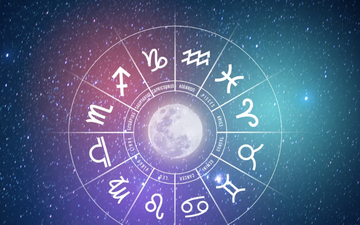
In many cultures, heterosexual relationships where the man is older than the woman are still more prevalent. In these relationships, it is common for there to be an age gap of 2 to 3 years.
Meanwhile, according to an Australian study, it turns out that:
- Heterosexual couples with large age differences had a more rapid decline in relationship satisfaction in the first 6 to 10 years of marriage than same-age couples.
- Couples with an age difference of 1 to 3 years (with the husband older than the wife) were more common and had the highest levels of satisfaction.
- Relationship satisfaction decreased slightly for couples with an age difference of 4 to 6 years and continued to decrease for couples with an age difference of 7 or more years.
A 2015 Korean study found that age differences in long-term relationships can affect each partner's likelihood of experiencing depression. In particular, he found that same-age couples had the lowest rates of depression, while couples with an age gap of 3 years or more had slightly higher rates.
In short, research seems to show that in many cultures, an age gap of 1 to 3 years is considered ideal - but some researchers suggest that even a relationship with an age gap of less than 10 years will bring more satisfaction.
However, numbers rarely tell the full story when it comes to love. It is possible to be much older or younger than your partner and have exactly the right relationship for you.
Regardless of age, some factors related to relationship success include:
- education
- financial security
- desire for children
- character
- communication
- personality issues
- relationships with other family members
- emotional intelligence
- satisfaction in sex life
An age difference is just one factor that can affect your relationship and it doesn't necessarily make or break a healthy relationship.





